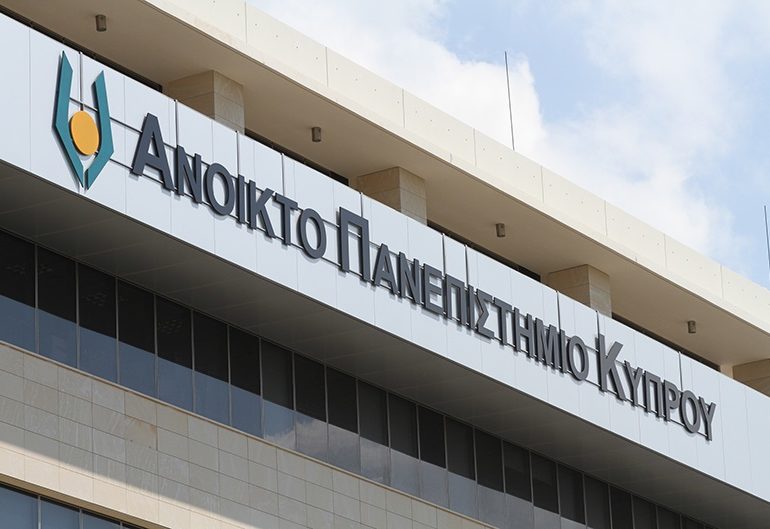Fake news detection with content and social information

The spread of fake news is considered one of the most critical threats of our society in recent years. Despite all the attempts, the automatic detection of fake news still remains an open problem. Although fake news exists for a long period of time, the ubiquitousness of social media has facilitated their propagation with severe consequences for society. For example, the “Pizzagate” shooting incident was a result of fake news that went viral claiming the involvement of a restaurant in human trafficking. This talk will focus on the topic of fake news detection. First, I will introduce the concept and characteristics of the different types of misinformation and disinformation such as fake news, satire, rumors that go viral in online social networks. Then, I will present some of the most recent detection approaches with a particular focus on approaches that exploit psycho-linguistic information (i.e., emotion, sentiment, informal language) and those that exploit information extracted from users. Finally, I will discuss the challenges and open issues in the field of fake news detection.
15 November 2019 12:00 pm (GMT)
1st floor Conference Room, 33 Giannou Kranidioti Ave. (Latsia Business Center), 2220 Latsia
Speakers:
Dr. Anastasia Giachanou, Universitat Politecnica de Valencia, Spain
1 hour